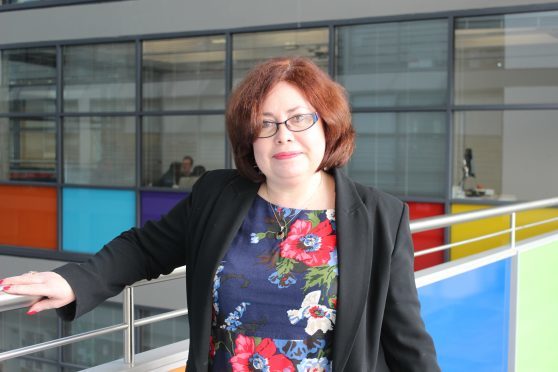Last week I saw something I have never seen before – someone admitting that they had changed their minds about politics because of what they had seen on social media.
Writing directly to a candidate in the local government elections, a poster on my local Facebook page told her that he had never supported her party before, but would be voting for her this time.
Why? Because of the work she had demonstrated over the previous years, evidenced through her use of Facebook to communicate with the local community.
With the announcement of another General Election, and the local government elections to come before that, many voters will be feeling more like ‘Brenda from Bristol’, whose horrified reaction to the news that a general election was imminent has now gone viral.
Not more politics! Not more memes and rants and links to political speeches to disrupt our Facebook pages and our Twitter feeds! My social media is already divided between those who are ‘tired of it all’ and those eager to launch into a new campaign, refight old battles and add in some new ones.
There is, however, still a clear belief amongst politicians that social media is an important tool during elections.
The mantra goes that Obama used Facebook to get out the youth vote and that Trump used Twitter to great effect to disrupt the media discourse and focus attention on himself rather than Hilary Clinton’s campaign.
Trump’s Twitter tirades continue to divert attention and help him set the news agenda for both the US and the world.
In November, a debate organised at RGU as part of the ESRC Social Science Festival in front of 200 school pupils heard from local politicians about the benefits of social media. Stuart Donaldson MP and Mark McDonald MSP told the audience about how they were able to use it to communicate directly with their constituents.
They were able to offer information about their day-to-day involvement in political affairs, promote local events but also receive feedback and information directly from their grassroots.
In theory, social media enables politicians to sidestep the paraphernalia of party politics and speak directly, one-on-one, to their electorate. They can use social media to tell their own stories of triumphs and campaigns and spin their own versions of their party’s manifestos.
The best users of social media are those who have used it throughout their term in office, rather than turning to Twitter only during an election period. They use social media not just to campaign but to share, and importantly to listen. They also use it to present a human face to the electorate, learning from celebrities how to use social media to establish an authentic persona online.
A good Twitter feed needs not just the official announcements and staged photographs but also the human touch and the relaxed snapshots of ‘behind the scenes’ to establish the candidate as ‘real’ and in touch with the rest of us. All of this of course takes time and effort, but can reap dividends for some politicians, allowing them to impact a much wider group than just those fascinated by the minutiae of politics.
Think of the popularity of the memes about the relationship between Joe Biden and Barack Obama or the blending of show business and politics in Donald Trump’s tweets.
However, since the US election, we have also heard worrying reports of how ‘fake news’ was easily disseminated through social media such as Facebook, potentially impacting on the result of the election. There are also concerns that social media enables us to live in a comfortable bubble, reading only the opinions of others like us and never coming into contact with information or opinions that might challenge or change our minds.
That was why I found it so interesting to finally read an account of someone who had changed their minds politically because of what they had read on Facebook.
Not because of speeches, or memes or links to party headquarters, but because of the evidence presented of an official actively working for the community and demonstrated through engagement with social media. This is the way in which our politicians need to learn to use social media – all the time, not just for elections. And in partnership with their constituents, sharing and listening.
